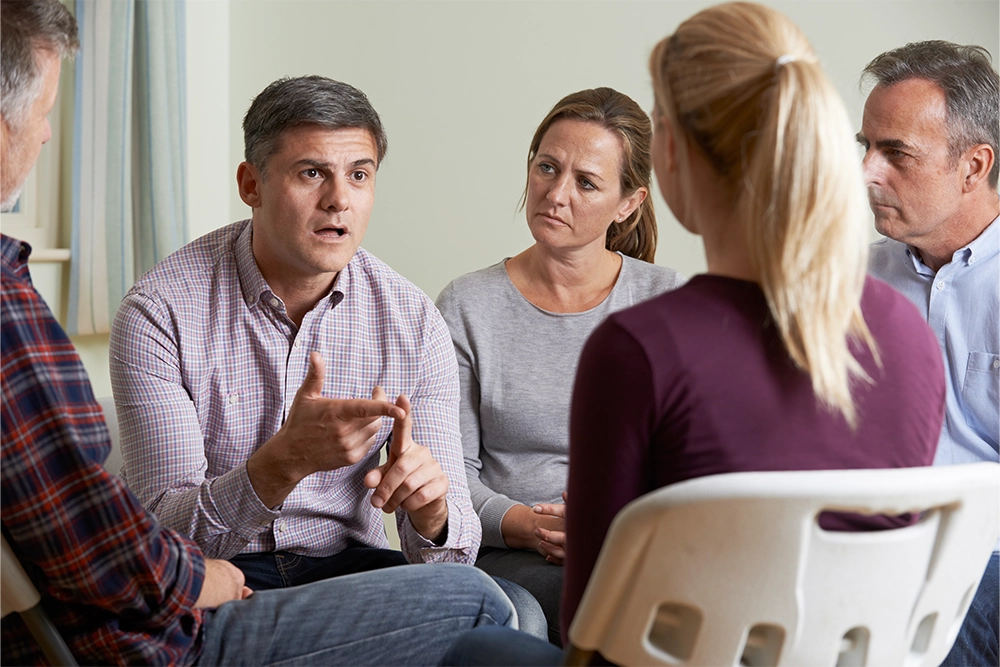24/7 Helpline:
(866) 899-111424/7 Helpline:
(866) 899-1114
Other Insurance Options

Group Health Incorporated

Cigna

Amerigroup

Regence

UnitedHealth Group

PHCS Network

Oxford

American Behavioral

United Health Care

Excellus

Health Choice

CareSource

MVP Healthcare

Sutter

State Farm

BlueCross

Magellan Health

BHS | Behavioral Health Systems

WellCare Health Plans

CareFirst










